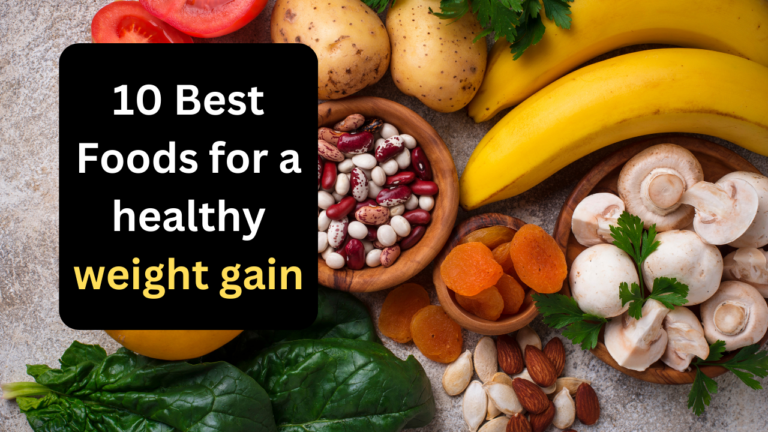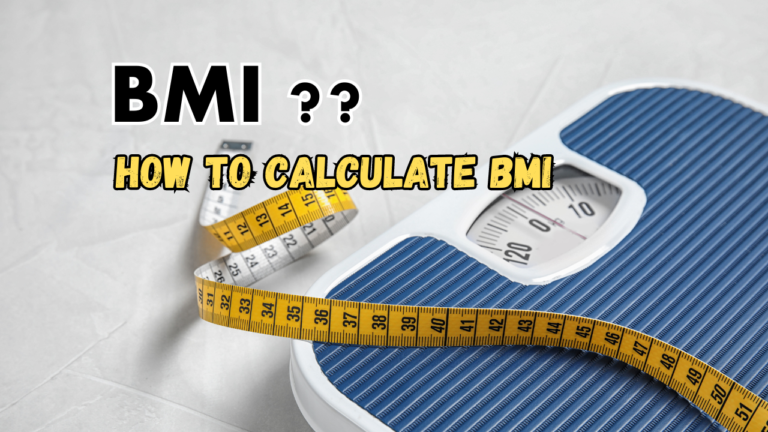Proven Weight Loss Tips for Older Adults
Maintaining a healthy weight might get as difficult as people get older because of a number of physiological changes, lifestyle choices, and illnesses. However, Weight loss tips for older adults are important to get a healthy weight and staying stick to it. It is so because it makes a big difference in their general health, mobility, and quality of life. This universal guide offers specific weight loss advice geared toward senior citizens, emphasizing healthy eating, exercise, lifestyle adjustments, and medical concerns.
Balanced Nutrition
Balanced nutrition and diet is the main thing which stands top priority when we discuss about weight loss tips for older adults.
1. Prioritize Protein Intake
Maintaining muscular mass, which tends to decline with age, requires protein. Lean protein sources including fish, poultry, beans, and lentils can assist preserve muscle mass and increase metabolism. These sources should be included in every meal. Nuts, cottage cheese, and Greek yogurt are examples of foods high in protein that can be advantageous.
2. Embrace Fiber-Rich Foods
Dietary fiber can help control weight by increasing feelings of fullness in addition to being essential for maintaining digestive health. A healthy diet rich in fruits, vegetables, whole grains, and legumes is recommended for older persons. However, in addition to offering fiber, these foods also include vital vitamins and minerals that promote general health.
3. Monitor Caloric Intake
As our body ages, it needs fewer calories because its metabolism slows down. It’s critical to modify total calorie intake and portion sizes to reflect the lower energy requirements. A customized meal plan that guarantees sufficient nourishment without being overly caloric can be created with the assistance of a dietitian.
4. Stay Hydrated
In older adults, dehydration is a prevalent problem that can occasionally be confused with hunger. It’s important to stay hydrated throughout the day including foods high in water content, such as oranges, cucumbers, and watermelons.
5. Physical Activity
Regular exercise is necessary for both general health and weight loss. Aim for at least 150 minutes a week of moderate-intensity aerobic exercise, such as cycling, brisk walking, or swimming, for older persons including heart-rate-raising exercises will help you burn calories and strengthen your heart.
- Include Strength Training
Maintaining muscle mass and bone density requires strength training activities like lifting weights and utilizing resistance bands. By engaging in these activities two days a week, you can improve metabolism, strengthen your muscles, and lower your risk of osteoporosis.
- Balance and Flexibility Exercises
Activities like yoga, tai chi, and Pilates can improve balance, flexibility, and coordination, reducing the risk of falls and injuries. These exercises also contribute to overall fitness and well-being.
- Stay Active Throughout the Day
Incorporating more movement into daily routines can make a significant difference. Simple changes like taking the stairs instead of the elevator, walking while talking on the phone, or gardening can increase daily physical activity levels.
Lifestyle Modifications
Weight loss tips for older adults are not just confined to nutrition and diet but it also include some lifestyle modifications.
1. Establish a Routine
Having a regular eating and exercise schedule can help maintain consistency and make weight loss efforts more sustainable. Planning meals and workouts ahead of time can prevent unhealthy food choices and ensure regular physical activity.
2. Get Adequate Sleep
Quality sleep is essential for overall health and can impact weight loss. Poor sleep can disrupt hormones that regulate hunger and satiety, leading to increased appetite and potential weight gain. Older adults should aim for 7-9 hours of sleep per night and establish a regular sleep routine.
3. Manage Stress
Chronic stress can lead to emotional eating and weight gain. Engaging in stress-reducing activities such as meditation, deep breathing exercises, or hobbies can help manage stress levels. Seeking social support from friends, family, or support groups can also be beneficial.
4. Avoid Empty Calories
Foods high in added sugars and unhealthy fats, such as sugary beverages, desserts, and processed snacks, can contribute to weight gain and provide little nutritional value. Opting for nutrient-dense foods that provide vitamins, minerals, and other beneficial nutrients can support weight loss and overall health.
Medical Considerations
Weight loss tips for older adults are not just confined to nutrition and diet but it also include some medical aspects.
1. Consult a Healthcare Provider
Before starting any weight loss plan, it is crucial for older adults to consult with their healthcare provider. Medical conditions and medications can influence weight, and a healthcare professional can provide personalized advice and monitor progress.
2. Consider Nutrient Supplements
Older adults may require supplements to meet their nutritional needs, particularly if they have dietary restrictions or medical conditions. Calcium, vitamin D, and vitamin B12 are common supplements that may be needed. A healthcare provider can recommend appropriate supplements based on individual needs.
3. Monitor Chronic Conditions
Chronic conditions such as diabetes, hypertension, and arthritis can impact weight loss efforts. Managing these conditions through medication, diet, and lifestyle changes is essential. Regular check-ups with a healthcare provider can help adjust weight loss strategies to accommodate these conditions.
4. Be Cautious with Weight Loss Medications
Weight loss medications and supplements should be used with caution, especially in older adults. These products can interact with other medications and may have side effects. It is important to discuss any weight loss medications with a healthcare provider before use.
Practical Tips for Daily Life
Weight loss tips for older adults also include the following points below.
1. Cook at Home
Preparing meals at home allows for better control over ingredients and portion sizes. It also provides an opportunity to experiment with healthy recipes and make nutritious food choices.
2. Eat Mindfully
Mindful eating involves paying attention to hunger and satiety cues, eating slowly, and savoring each bite. This practice can help prevent overeating and promote a healthier relationship with food.
3. Track Progress
Keeping a food diary or using a mobile app to track food intake and physical activity can provide valuable insights and help identify areas for improvement. Regularly reviewing progress can motivate continued efforts.
4. Stay Positive
Weight loss can be challenging, and it is important to stay positive and patient. Celebrating small victories and setting realistic goals can help maintain motivation. Understanding that weight loss may be slower in older adults can reduce frustration and promote perseverance.
Summary
Weight management is very important especially in older age where you can face a lot of challenges. However, to lose weight in young age, you can do everything as you are energetic and able to do any task. But, after 60s, you seek some easy weight loss tips for older adults. For weight loss, you have to maintain Balanced Nutrition, Lifestyle Modifications and Medical Considerations. If you do not manage your weight and health in young age then you face problems in the old age.







